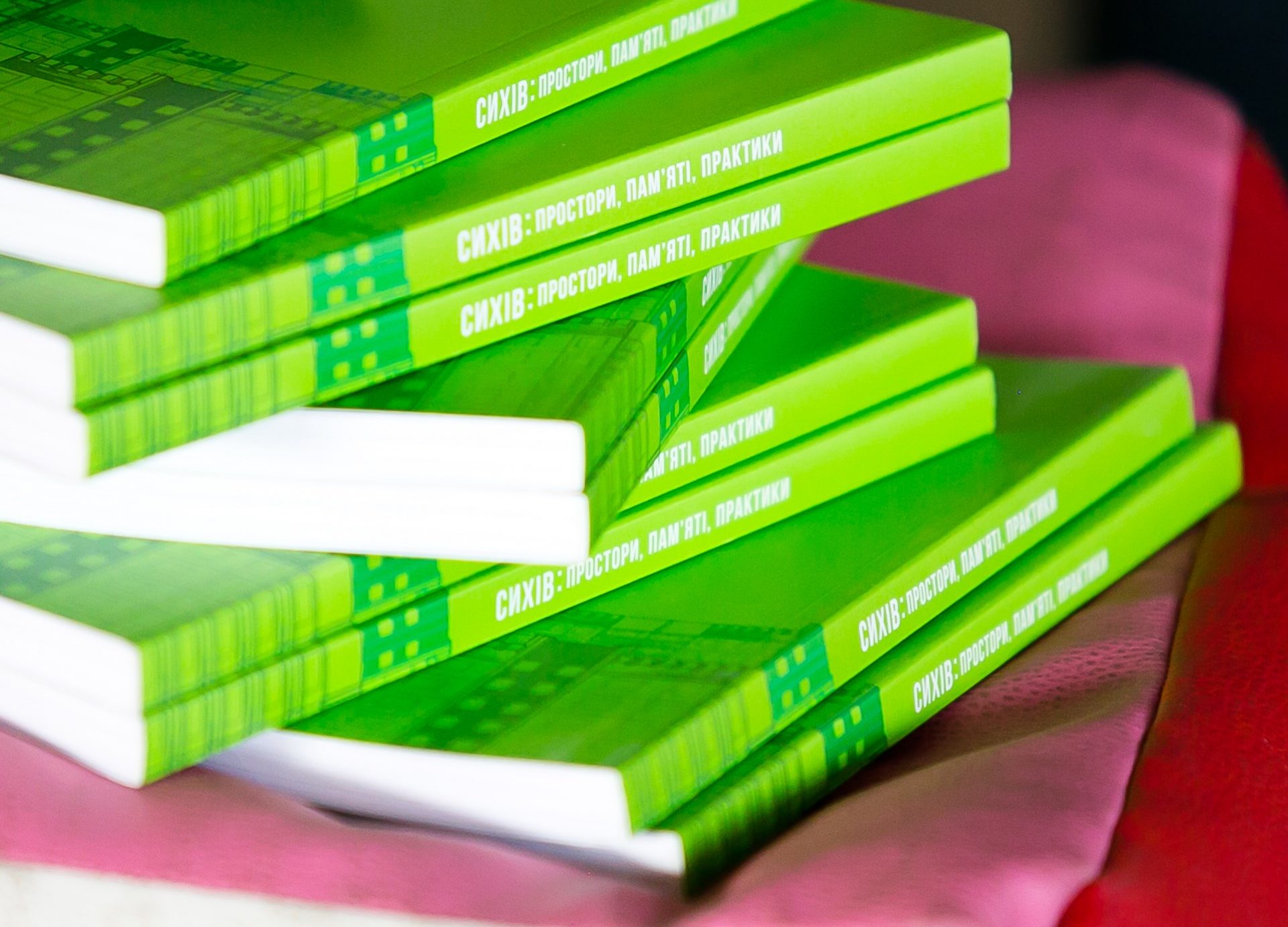Who Changes Sykhiv?
September 20, 2018 / 7.00 pm
Center for Urban History, Lviv
During the Publisher’s Forum, welcome to join the talk about the volume "Sykhiv: Spaces, Memories, Practices" on the multiple roles of researchers and activists.
The Center for Urban History has engaged into conducting urban summer schools for three years in a row. They are based on the ideas of interdisciplinary approach, learning through research, participation of local community and engaging experts, administration, local citizens into joint reflection on the future of new districts. Thus, the initiative challenges common hierarchies within the research paradigm, and makes us take a new look on our own roles in generating the knowledge about the city.
Following the last year urban summer school on planned urbanity, a book was published on "Sykhiv: Spaces, Memories, Practices." It will be the ground for the talk about how researchers, activists, decision-makers, and citizens build their relations with the urban space and with local communities. Sykhiv will be used as an illustration to talk about how participatory projects – educational, architectural, art, etc. – undermine our positions and normative judgements. Participants of the talk work on the intersections of different professional "fields" such as academic, civic activism, and administrative functions. Each of them is related to Sykhiv by their professional practices and/or everyday experiences. How to balance our own multiple roles when their borders are overlapping (or vice versa – when they are mutually exclusive)? How do we build relationships with the space of the city, with its inhabitants? Eventually, what is the role of a specific space of Sykhiv in this discussion?
The talk will engage an architect Nataliya Mysak, a civic activist Natalia Pipa, a representative of municipality Oleksandra Sladkova. Moderated by Natalia Otrishchenko.
You can find the collection "Sykhiv: Spaces, Memories, Practices" in the libraries of the city. For private use, the book can be purchased at the Center for Urban History, or after the talk at the Publishers’ Forum. The English version will soon be available on the website of the Center for Urban History.
